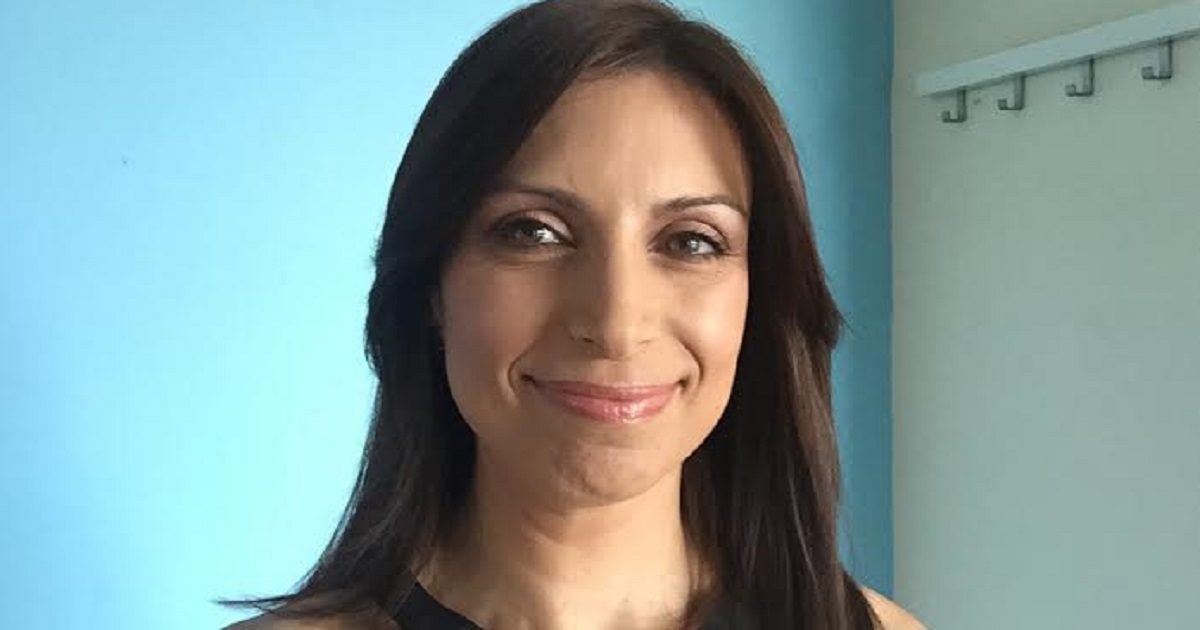I’m a fast talker. And I blame my childhood.
After spending my formative years dying for attention in a family of four children, including two older loud and talkative sisters, it’s no wonder I communicate the way I do. I talk loudly, proudly, quickly and rarely wait for my turn.
Don’t worry — I’m raising my children to communicate differently. The last thing I want to do is unleash three little rapid-fire versions of me on the world.
It was much worse when I was younger and more obnoxious, less introspective about my bad habits that could be mistaken for rudeness.




